Virginia’s status as an agricultural hub gives cideries in the state abundant access to ripe fruit and fertile land for the cultivation thereof — not to mention a lot of institutional infrastructure that supports the state’s farm operations. The Virginia Cider Association is a great example of this, as well as the Virginia Green Travel Alliance, which administers the Virginia Green certification program. Virginia Green recognizes more than 1,800 companies across the state that have self-certified their environmental efforts.
In honor of Earth Day, April 22, here is a non-exhaustive guide to eco-conscious cider companies across the Old Dominion State.
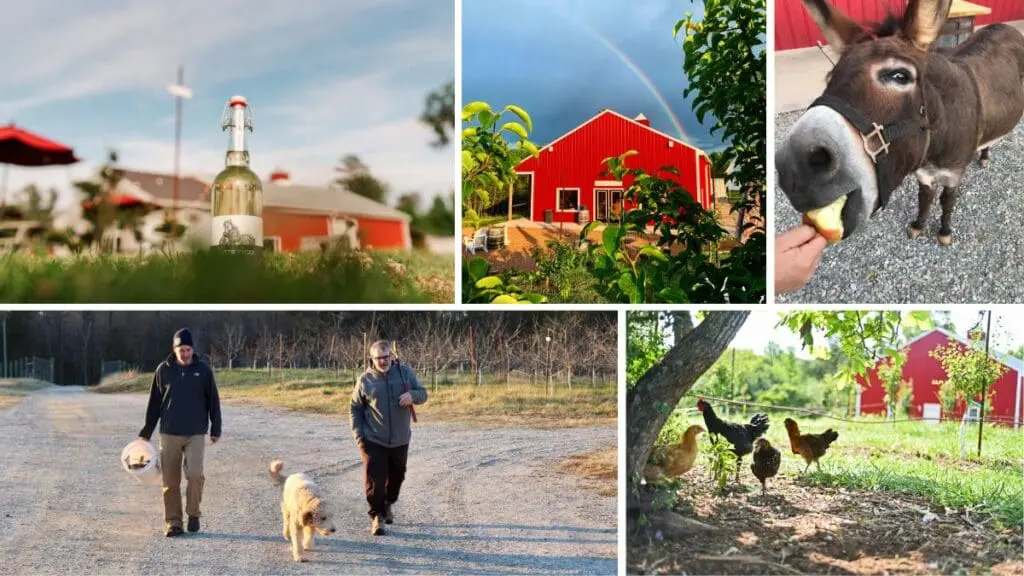
Courthouse Creek Cider | Maidens, Virginia
This farm-first cider operation strives to cultivate their orchards with the lowest environmental impact possible. That means no pesticides, no-till and no commercially grown apples since 2019. All of the apples that go into Courthouse Creek’s lineup of ciders are grown onsite by two hobby orchardists.
Among Courthouse Creek’s plethora of gentle farming practices is constantly rotating compost to improve soil health. These inspired farmers and cidermakers also run chickens among the trees. This helps naturally fertilize the orchard and keep insect pest populations down, and their scratching helps gently expose the soil for reseeding.
“The use of the chickens is a full-circle system,” says Courthouse Creek Co-Owner Eric Cioffi. “Our kitchen, Culterra Farmhouse Kitchen, uses the eggs and the chicken meat in dishes we serve to our customers. The kitchen also uses the produce we grow in our gardens.”
This diversification allows the company to be that much more sustainable, he adds. “We don’t just grow apples. Our farm is diversified, and this is important for the health of the orchard and everything around it. We grow various herbs, fruits and vegetables that all find their way into ciders or cider cocktails, onto the menu, or in other products like hot sauce, jams and jellies.”
Courthouse Creek doesn’t filter, fine or use sulfites or commercial yeast. Eric Cioffi and his partner Liza Fierro-Cioffi believe in minimalistic, natural methods of making their ciders, which include single-origin ciders, blends and wild fermentations too.

Big Fish Cider | Monterey, Virginia
When Kirk Billingsley founded Big Fish Cider, he had been a home cidermaker for 20 years, using apples that weren’t sprayed, fertilized or even pruned. He continued this approach when he went pro. His northwestern Virginia orchards are at a higher altitude (2,600 to 3,100 feet in elevation) than many orchards, which means there is less humidity and colder winters. This allows him to operate without spraying.
“My juice efficiency (gallons per bushel) is much lower, but the juice is more intense, often higher sugar content, and darker than what I can make with commercial apples,” Billingsley says. “Commercial growers add nitrogen to the soil which makes big beautiful apples, but it only increases the cell structure, and so the juice tends to be thinner, without the same flavor. Also without application of fertilizers, you don’t have the excessive growth that fireblight tends to attack.”
Big Fish Cider crafts award-winning off-dry and semi-dry ciders, some with unique additions like local maple syrup and fresh ginger. As a Virginia Green certified member since 2018, cider lovers make pilgrimages to this Big Fish, cider company who care about their footprint.
“To be honest,” Billingsley adds, “another reason for making cider with unsprayed apples is selfish. I know I consume much more Big Fish Cider than anyone, and I don’t want those chemicals in my body.”

Sly Clyde Ciderworks | Hampton, Virginia
Another Virginia Green-certified cider company, Sly Clyde Ciderworks packages its compelling cider flavors — like blackberry mint and agave lime — in cans for distribution from Ashland, Virginia, all the way down to the Outer Banks. They use compostable corn cups when not using glass, have worked hard to reduce energy use, and have even hosted cleanups of the Virginia coastline.
“No business is ever green enough, but we are pleased to be part of Virginia Green and the broader movement to be more eco-conscious,” says co-owner Doug Smith. Sly Clyde also collaborates with NatureServe, a non-profit that tracks flora and fauna throughout North America to highlight threatened species and the work of the environmental community.
“My brother Tim and I grew up on the water, and we wanted Sly Clyde to be as green as we could make it,” Smith adds. “Crafting ciders blocks from the Chesapeake Bay keeps us attuned to the importance of being good stewards of the earth.”


Other Cideries Making a Difference
Potter’s Craft Cider (Charlottesville, Virginia) employs sustainable packaging strategies like reusable steel kegs instead of single-use plastic kegs (even for their long-distance distribution), and waste-reducing service tactics such as recyclable and reusable serviceware, reusable glass growlers to-go, and 32-ounce carafes of draft cider to minimize the number of glass bottles used on-premise. All of their apples are grown and pressed in Virginia.
Orchards have existed Troddenvale at Oakley Farm (Warm Springs, Virginia) throughout its two-century history, and the cidermakers currently occupying the property have dedicated four acres of new plantings to preserve these long-standing fruit trees.
Buskey Ciders (Richmond, Virginia) opted for recyclable cans over bottles for their ciders, which are made (and served) in a 7,000-square foot former railroad car loading building in the Scott’s Addition neighborhood of Richmond.


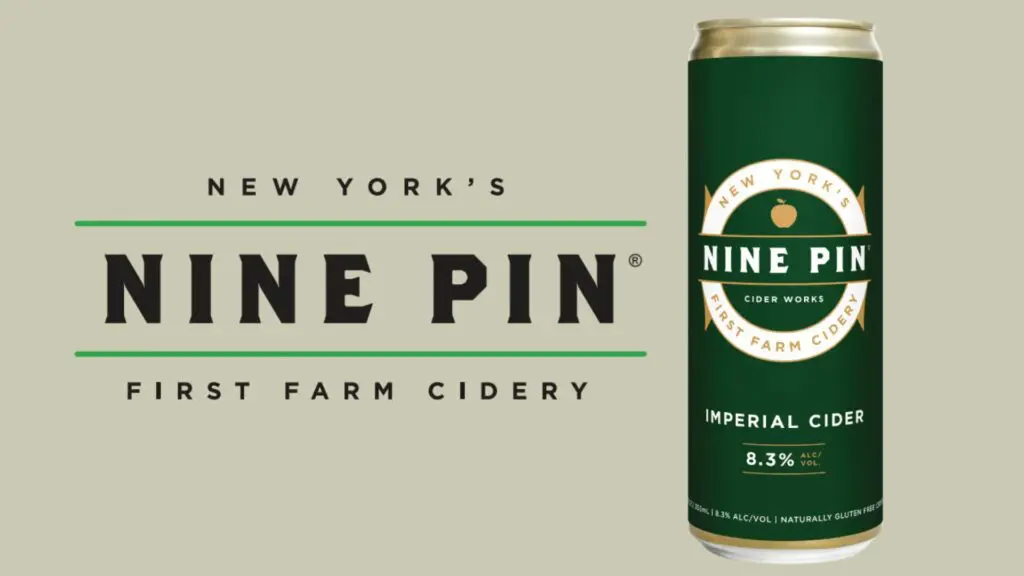

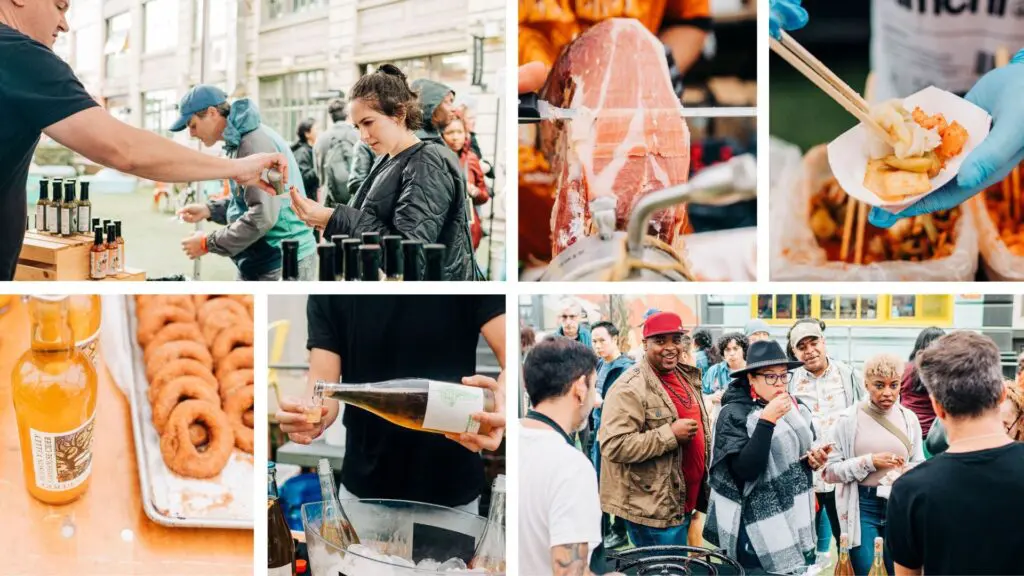
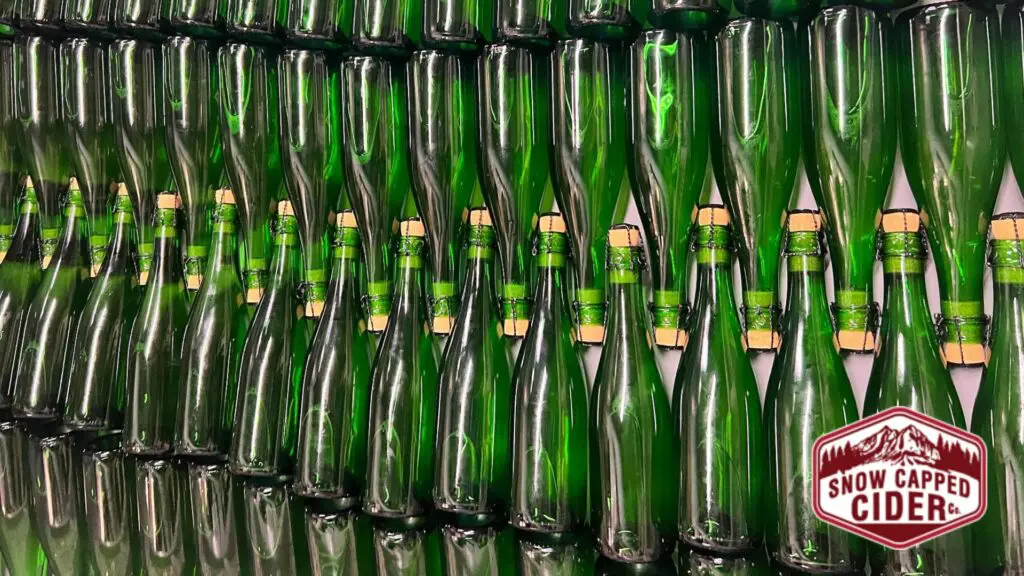
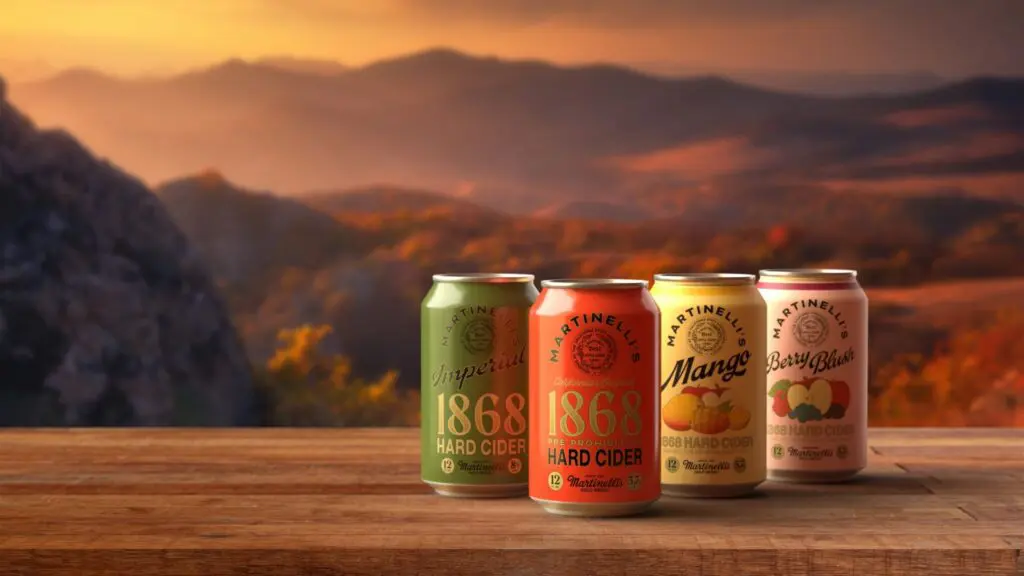
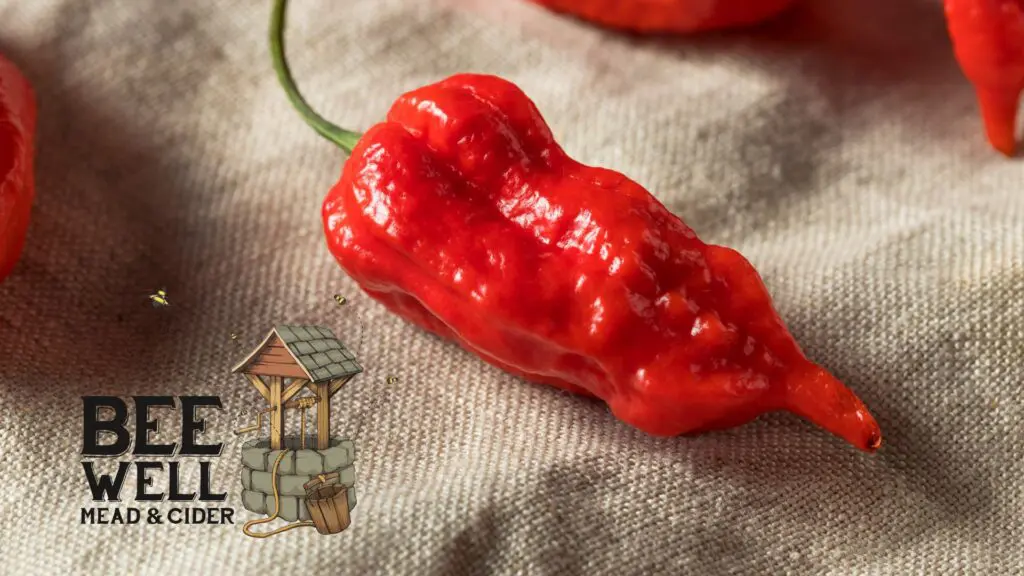
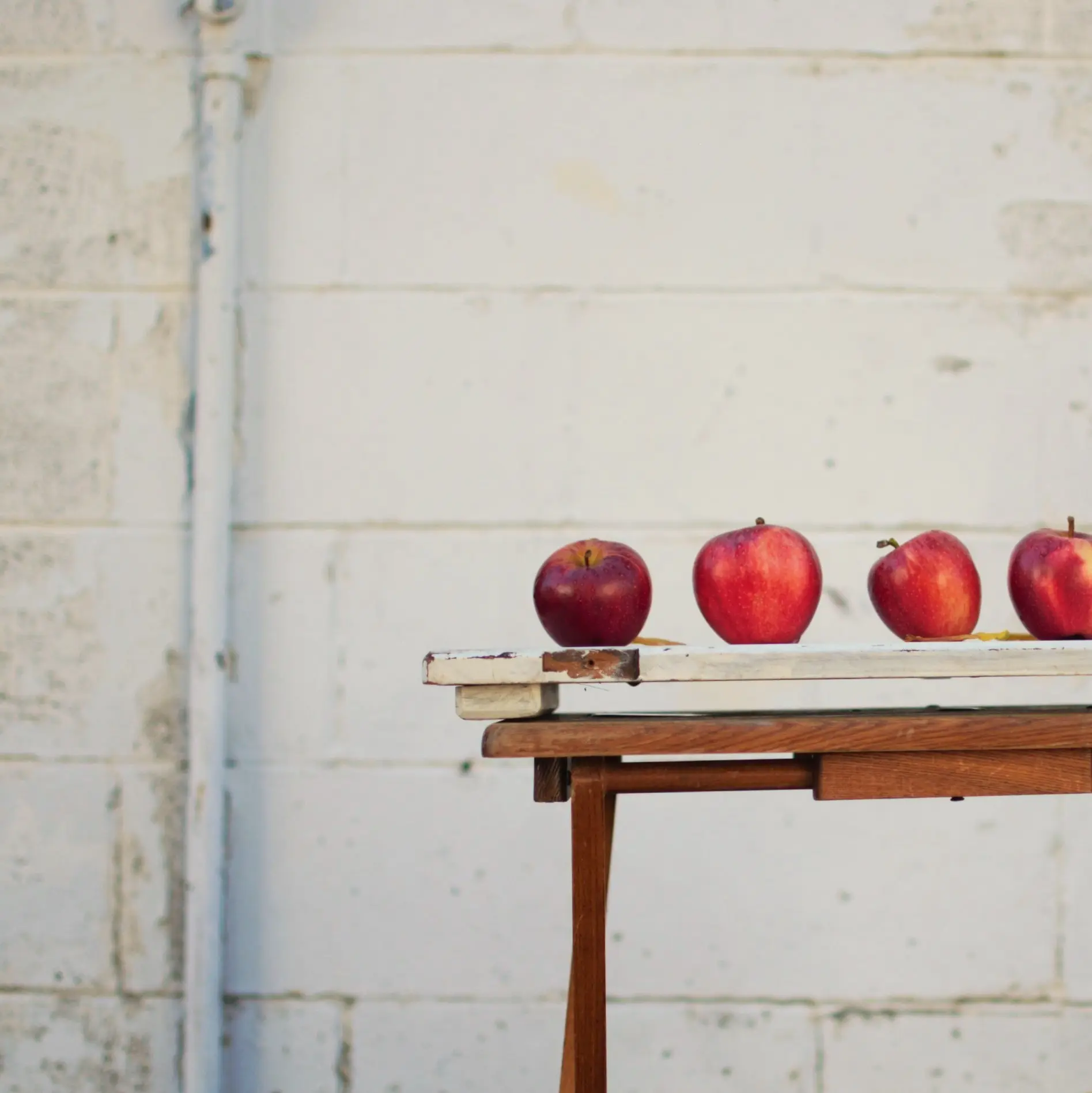



 Looking for the perfect w
Looking for the perfect w
 BREAKING NEWS
BREAKING NEWS 






